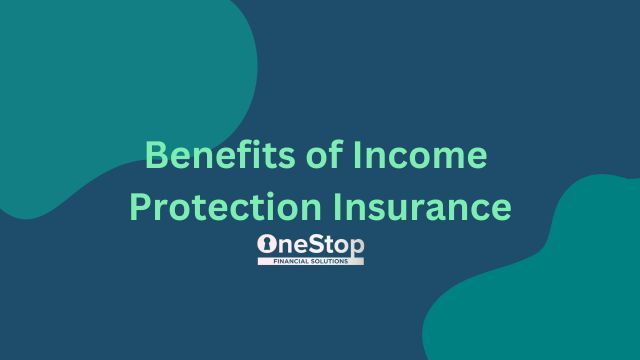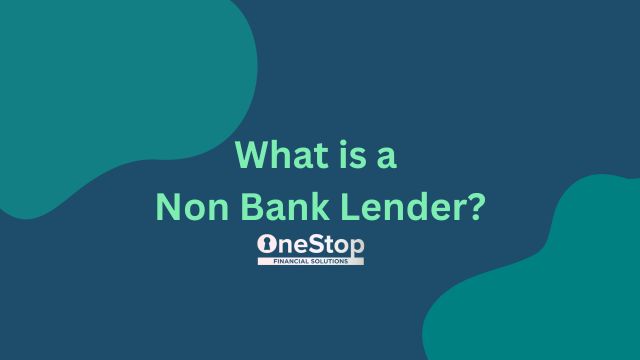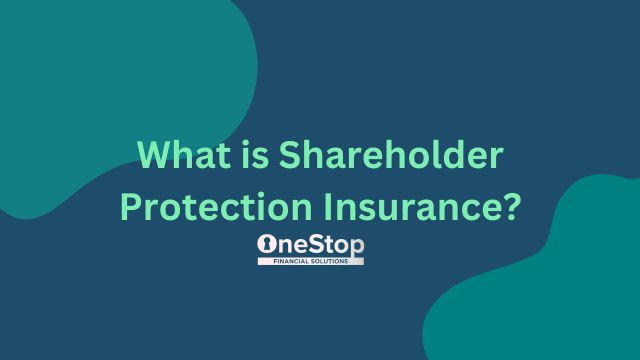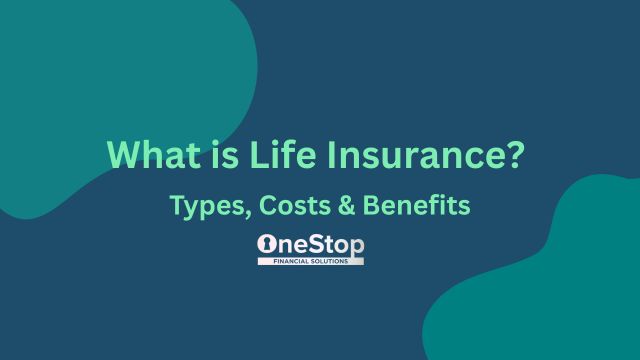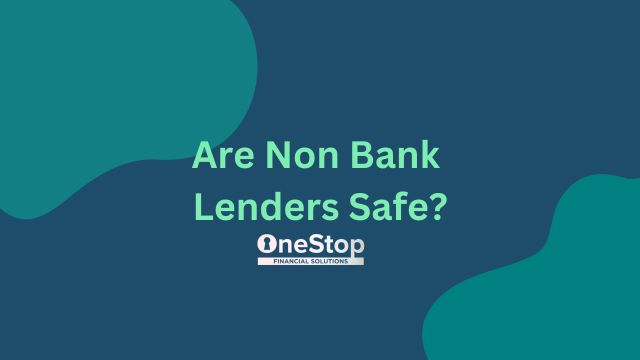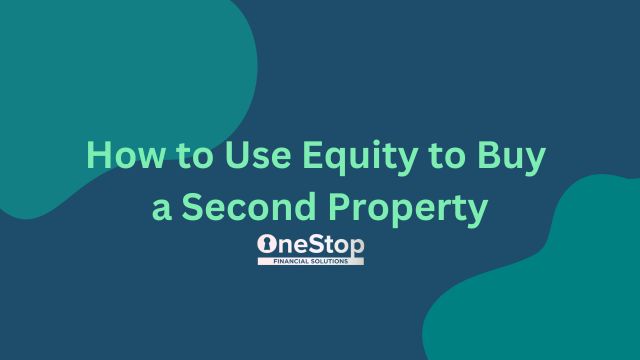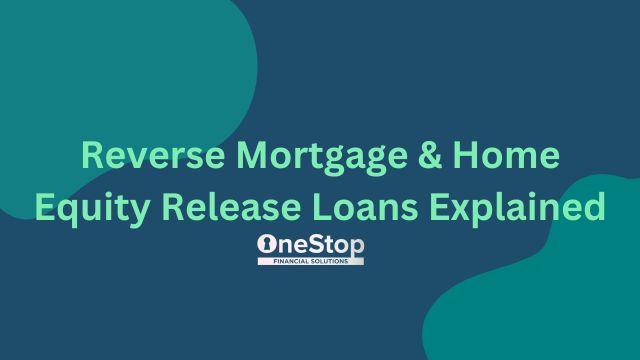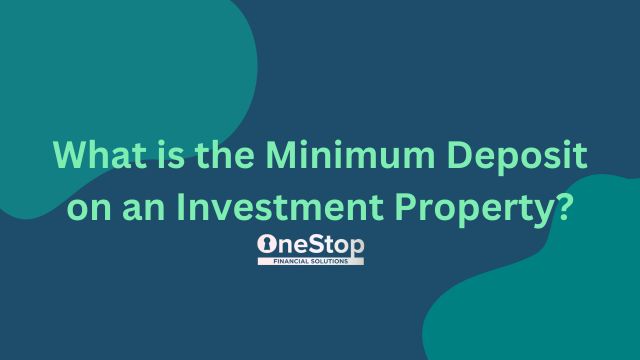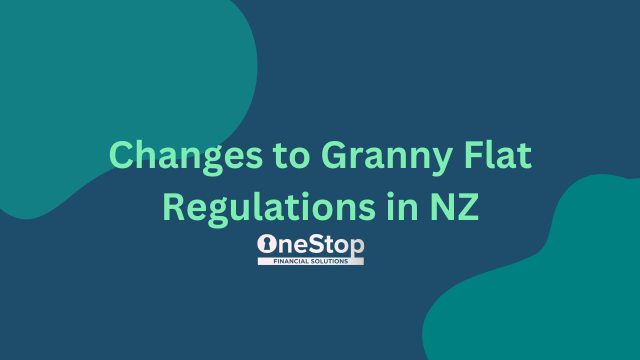As a Kiwi, your ability to earn an income is one of your most valuable assets. It pays the mortgage or the rent, keeps the fridge stocked with food, covers school fees for your kids, and gives you the freedom to plan for the future. But what happens if illness or injury suddenly stops that income?
That’s exactly where income protection insurance steps in. This type of insurance cover is designed to replace part of your income if you’re unable to work due to illness or injury, helping you keep on top of your bills and focus on recovery.
Let’s dive into how it works in New Zealand, the benefits of income protection insurance, what it costs, and whether it might be the right option for you.
What Is Income Protection Insurance?
Income protection insurance is a type of personal insurance policy that provides a regular monthly payment if you can’t work due to illness, disability, or injury.
Unlike life insurance, which pays out a lump sum to your family if you die, income protection is all about keeping the money flowing while you’re alive but unable to work.
In New Zealand, most policies cover up to 75% of your gross income. Payments continue until you’re well enough to return to work, or until your benefit period ends. That could be 2 years, 5 years, or all the way to age 65 depending on what you choose when you take out cover.
It’s not about making you rich. It’s about making sure you can still afford the basics, such as mortgage payments, car loans, childcare, education expenses, debt repayments, and everyday living costs, even when your income stops.
How Does Income Protection Work?
Here’s a rundown on how income cover works:
- You take out income protection insurance with a monthly benefit based on a portion of your income.
- You choose a waiting period for how long you need to be off work before payments start. This is often 4, 8, or 13 weeks.
- You also choose a benefit period, that is, how long the cover lasts if you’re still unable to work. For example 2 years, 5 years, or up to retirement age.
- If you’re off work due to illness, disability, or accident, the policy pays you a monthly benefit directly into your bank account.
This regular income helps cover financial commitments until you’re able to return to work or retrain through vocational education if needed.
Who Needs Income Protection Insurance in NZ?
In short, almost anyone who relies on their income to meet day-to-day expenses should at least consider it. Here are some common scenarios:
- Employees: Even if you have sick leave, it often only lasts a few weeks. After that, your income may stop.
- Self-employed business owners: Without sick leave or an employer safety net, you’re entirely responsible for your income. Income protection for self-employed Kiwis is one of the smartest safeguards you can buy.
- Families with mortgages or kids: If you’re covering a big mortgage, car repayments, or child care, losing income even for a short period can be financially devastating.
- People with no savings safety net: Many New Zealanders don’t have enough cash reserves to cover months of expenses without income.
Benefits of Income Protection Insurance
There are plenty of reasons to get income protection insurance in New Zealand. Here are the key benefits:
- Peace of mind: Knowing you can still pay the bills if you can’t work.
- Protect your income: Replace up to 75% of your gross salary or self-employed earnings.
- Focus on your recovery: Without the stress of worrying about money, you can concentrate on getting better.
- Flexible cover: Choose your waiting period, benefit period, and level of cover to fit your budget.
- Support benefits: Many policies include extras like a total disability benefit or partial disability benefit, which still pays if you can only return to work part-time.
- Family security: Protects your household from financial strain during serious illness, pregnancy complications, stress, or accidents.
What Does Income Protection Insurance Cover?
Policies vary by insurer, but generally, income protection cover is designed to replace part of your income if you can’t work due to illness or injury.
Some examples of covered events include:
- Cancer, heart disease, or other serious illness
- Long-term injury requiring physical therapy or even a wheelchair
- Mental health issues like depression or severe stress that prevent you from working
- Complications from pregnancy or surgery
- Disabilities that require a prosthesis or ongoing treatment
Important: Income cover in NZ does not cover redundancy or job loss due to company restructuring. That’s a common misconception.
How Much Income Protection Insurance Do I Need?
The amount of income protection insurance you need depends on your income, lifestyle, and financial commitments. In New Zealand, most policies let you insure up to 75% of your gross income. That’s because insurers want to replace enough of your income to cover essentials, but not so much that there’s no incentive to return to work.
Here’s how to work it out:
1. Start With Your Monthly Expenses
Look at what you actually need to keep your household running:
- Mortgage or rent
- Utilities and food
- Car repayments, fuel, insurance
- Childcare or school fees
- Other debts (credit cards, loans)
This number is your “must-have” amount.
2. Factor in Extras
Think about ongoing health or disability expenses if you’re off work — for example physical therapy, extra help at home, or even child care support.
3. Compare to 75% of Your Income
If your “must-have” figure is less than 75% of your income, you may not need the maximum cover. But if your expenses are close to your full take-home pay, you’ll want to insure as much as possible.
4. Consider Waiting & Benefit Periods
Choosing a longer waiting period (e.g. 13 weeks instead of 4) can reduce premiums, but ask yourself: could I realistically cover my bills for three months from savings? Similarly, think about how long you’d like payments if you’re off work long-term – 2 years, 5 years, or until age 65.
5. Get Professional Advice
Everyone’s circumstances are different. Reach out to the team here at OneStop Financial Solutions and we can help crunch the numbers, compare policies, and balance cost with the right level of cover.
Income Protection vs Life Insurance
A lot of people ask whether they need both. The answer is: usually, yes.
Life insurance pays a lump sum to your beneficiaries if you die, helping them pay off debts and cover future costs.
Income protection policies pay you a monthly income if you’re alive but unable to work due to illness or injury.
Think of them as two different parts of a full safety net.
How Much Does Income Protection Insurance Cost in NZ?
On average, Kiwis can expect premiums to cost between 2–5% of annual income. The cost of income protection premiums depends on:
- Your age and health: Younger and healthier applicants usually pay less.
- Your job: Higher-risk occupations like tradies or those involving heavy physical work often pay more.
- Your income: The higher the benefit amount you insure, the higher the premium.
- Waiting period: A longer wait before payments start usually lowers the premium.
- Benefit period: Covering you to age 65 costs more than a 2-year payout option.
Is Income Protection Tax Deductible?
In most cases, income protection premiums are tax deductible in NZ, provided the monthly payments you receive are taxable income. This can make it more affordable than you think.
Always check with your financial adviser or accountant to confirm the tax treatment for your situation.
How Does Income Protection Work With ACC?
New Zealand’s Accident Compensation Corporation (ACC) provides support if you’re injured in an accident. But here’s the catch: ACC doesn’t cover you if you’re unable to work due to illness, disease, or stress.
That means if you’re off work with cancer, mental illness, or a back problem that wasn’t caused by an accident, ACC won’t pay. Income protection insurance bridges that gap.
Optional Extras and Add-Ons
Many providers (including well-known names like Chubb Life) offer add-ons to tailor your cover:
- Partial disability benefit: Pays if you can return to work part-time but not full-time.
- Total disability benefit: Pays the full monthly benefit if you’re completely unable to work.
- Child care support benefit: Helps cover costs if you need help caring for children while you recover.
- Return to work support: Cover for retraining or vocational education.
Does Income Protection Insurance Cover Self Employed?
If you’re self-employed, income protection can be a lifesaver. With no sick leave or employer support, your business and family income rely entirely on you.
An income protection insurance policy ensures you still have money coming in if you’re out of action due to illness or injury. It helps you cover expenses, keep paying suppliers, and avoid going into unnecessary debt.
Things to Watch Out For
Like all insurance policies, income protection comes with terms and conditions. A few things to note:
- Underwriting – Your health history will be assessed, and pre-existing conditions may be excluded.
- Waiting period – Shorter waiting periods mean higher premiums.
- Benefit limits – You can’t insure more than your actual income.
- Disclaimer – Always read the fine print so you understand what’s covered and what isn’t.
This is where working with an insurance adviser to find the right income insurance helps. A broker can compare different insurance options and make sure you’re getting the right cover for your needs.
Final Thoughts – Protect Your Income, Protect Your Lifestyle
Your income isn’t just a number; it’s what keeps your family home secure, pays for your car, your child’s education, and your overall well-being.
Without it, the impact of illness or injury could ripple through every aspect of your life. With it, you have peace of mind and the ability to focus on your recovery.
As an independent broker here in New Zealand, I’d be happy to talk through the best income protection insurance options for your situation – whether you’re an employee, self-employed, or running a small business.
Get in touch today for a no-obligation discussion about income protection insurance in NZ and find the right cover for your needs.
[divi_shortcode id=”282615″]

